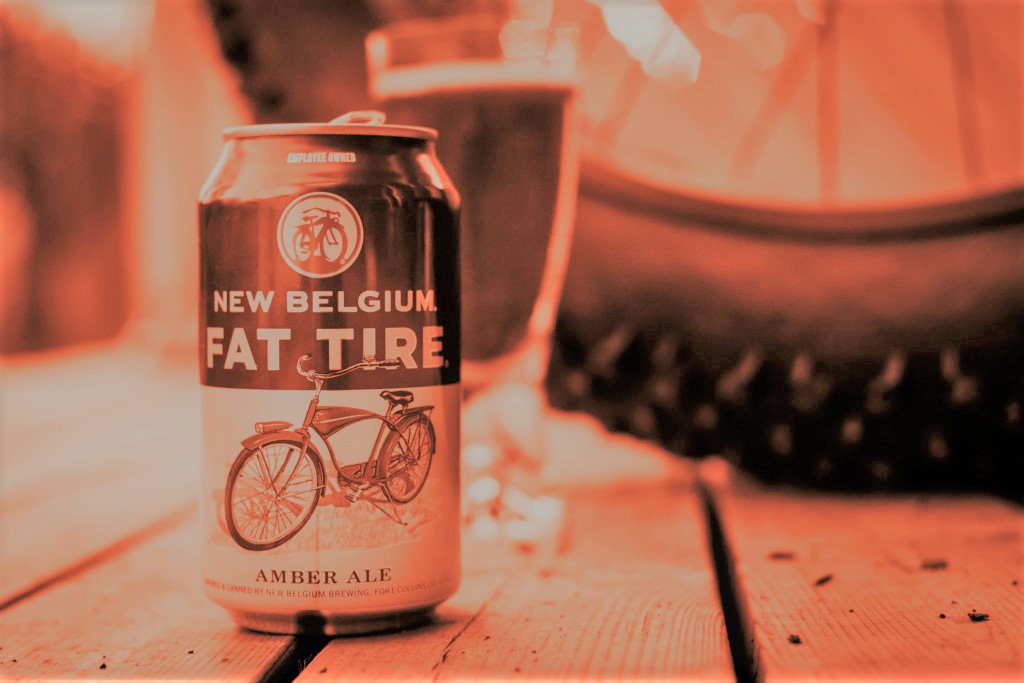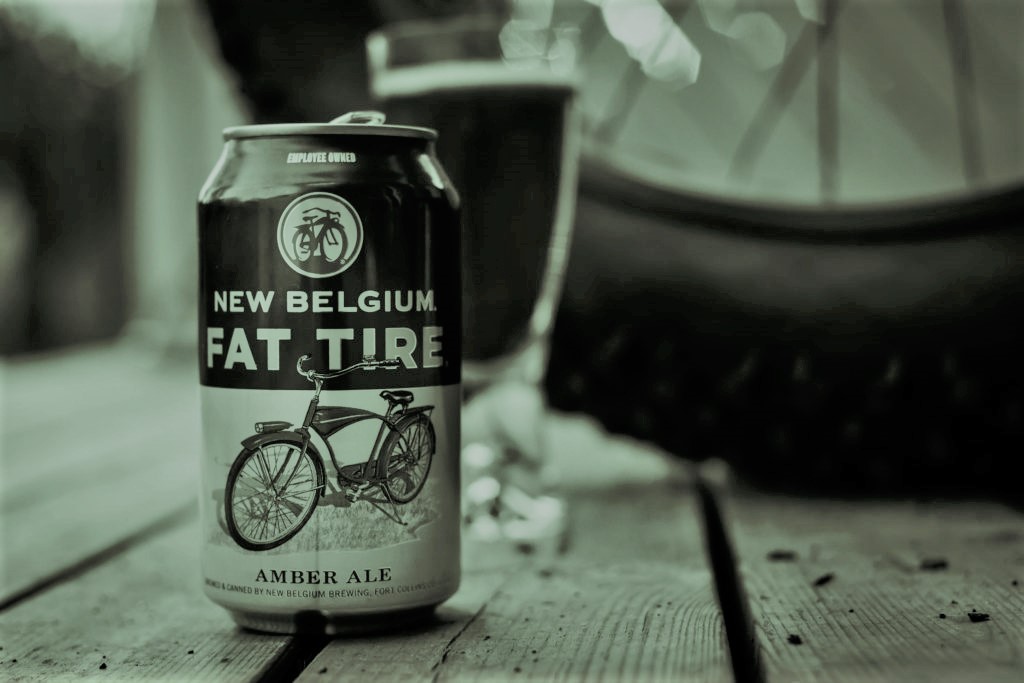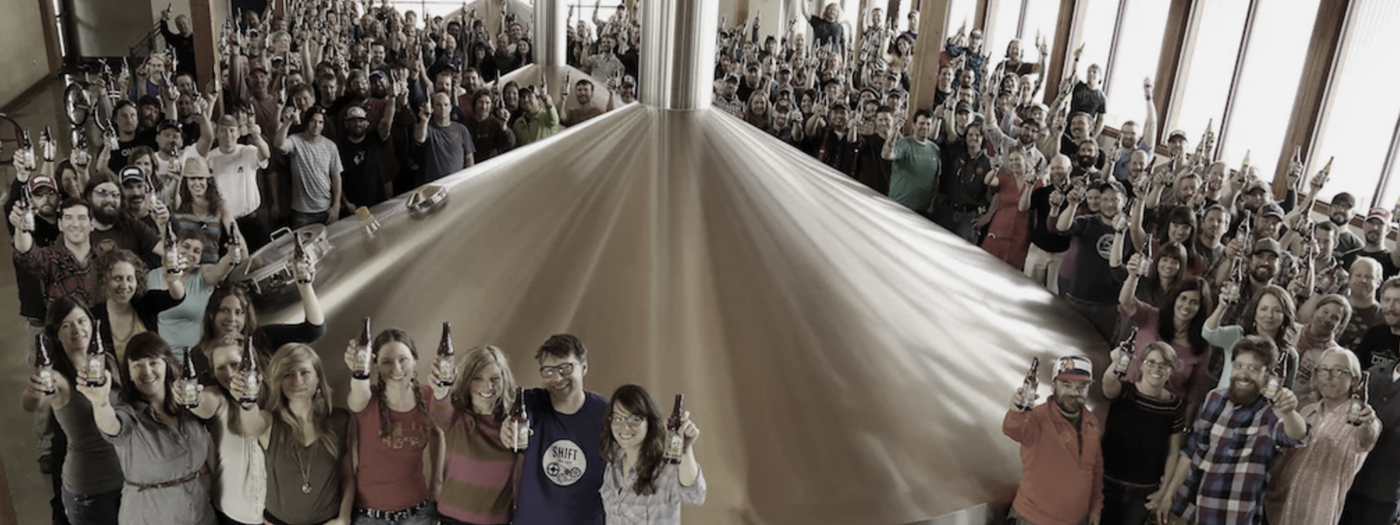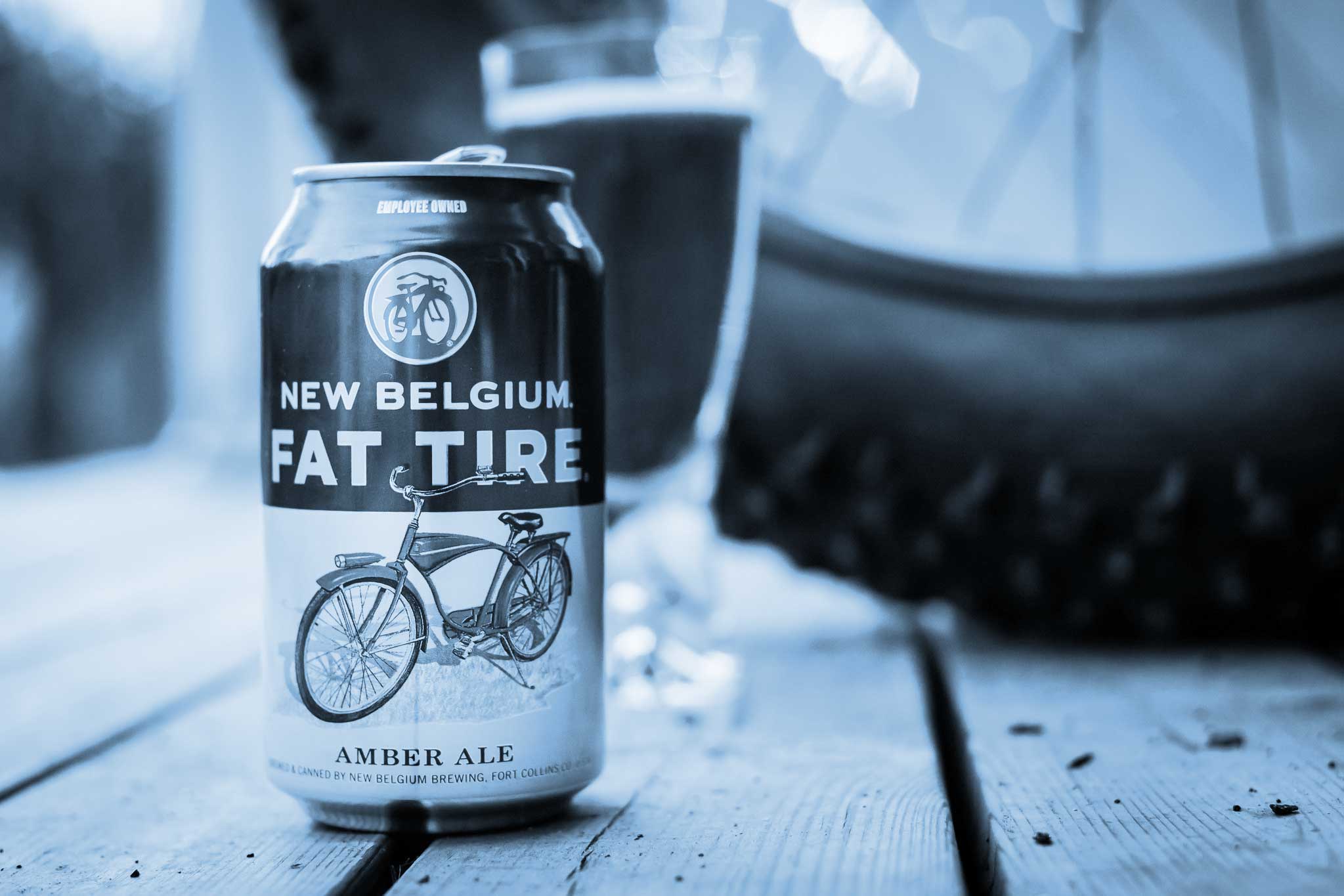The news that New Belgium Brewery and its worker-owners decided to sell to Kirin Holdings took everyone by surprise, except maybe those responsible for running (and growing) the business. Interpretations of the employee-approved sale varied — some saw it as a sign of the limits of the ESOP model of employee ownership, while others viewed it as a success story that kept the business open while generating what is essentially a significant transfer of wealth to all employee participants.
It is worthwhile to think further on how we go about analyzing the sale of employee-owned firms, as clearly New Belgium will not be the last such sale. To do so, we will set aside the question of which of the many models best represents the concept of “employee ownership” to ask a different but no less fundamental question: what is the purpose of employee ownership? Or better yet, what are we asking employee ownership to do?
These questions inevitably lead us to another question, whether employee ownership is a means to an end, or an end in and of itself — though it’s clearly both. Very generally speaking, ESOPs tend to do a better job at generating wealth for employee participants, while worker cooperatives tend to do a better job with worker involvement, participation, and democratic control of the business. Which is more important?
This isn’t a gotcha question — nor is it a simple one with simple answers. An ESOP is a qualified pension plan that is designed to help workers generate additional wealth for their retirement. Cooperatives are mutual enterprises designed to correct specific market dislocations, whether they be with the supply of agricultural products, or with employment opportunities in various communities. Yet we often ask both to solve fundamental economic and political issues that they may not be designed to fix.
How one interprets the sale of New Belgium then depends on how one answers the ends vs. means question. If the goal is building a new ownership economy that transforms large scale societal and economic relationships, perhaps the sale of New Belgium can be classified as a noble failure. If building (and transferring) wealth for workers is the goal, then perhaps the sale can be considered a success. But we should make clear that judging something as a success or failure is a deeper question, which cannot be answered by merely weighing six-figure payouts against a sale to a multi-national conglomerate. Doing so can miss the complex ways that wealth inequalities are generated and maintained and how the employee-ownership model, even after it ends, provides a bulwark against wealth concentration.
Very generally speaking, ESOPs tend to do a better job at generating wealth for employee participants, while worker cooperatives tend to do a better job with worker involvement, participation, and democratic control of the business. Which is more important?
As research from the Rutgers Institute for the Study of Employee Ownership and Profit Sharing makes clear, wealth is composed of more than financial assets. It includes financial literacy; leadership skills; education and expanded workforce capabilities; social networks; and the opportunity to pass along these assets through inter-generational transfers. What will come of the financial wealth worker-owners have built for themselves? Perhaps it will be used for tuition for a college education for a first-generation student; purchasing a new home for a first-generation homeowner; starting a new, and maybe employee-owned, business; or providing for a dignified retirement for working people. We all agree New Belgium was a transformative company — but we should also recognize that the transformational impact likely hasn’t ended.
While the ESOP accounts at New Belgium will close, the numerous assets and experiences the employee owners have built up, and the future opportunities made possible, will not. The experience will have positive repercussions that will reverberate through the lives of employees, their families, and their communities in ways hard to calculate here today. And when we judge, from the outside, whether the sale rates as a success or a failure, we might do well to remember the informal motto of the Mondragon cooperators as they navigate their employee ownership experience: “This is not heaven and we are not angels.”
Michael Palmieri is a student at Kent State’s PhD program in political science and a research assistant at the OEOC. His research focuses on worker ownership, broadly defined, and how it can be used as a local economic development strategy.
Chris Cooper is a program coordinator at the Ohio Employee Ownership Center (OEOC) at Kent State University, where he has been promoting employee ownership for 20-plus years.





















